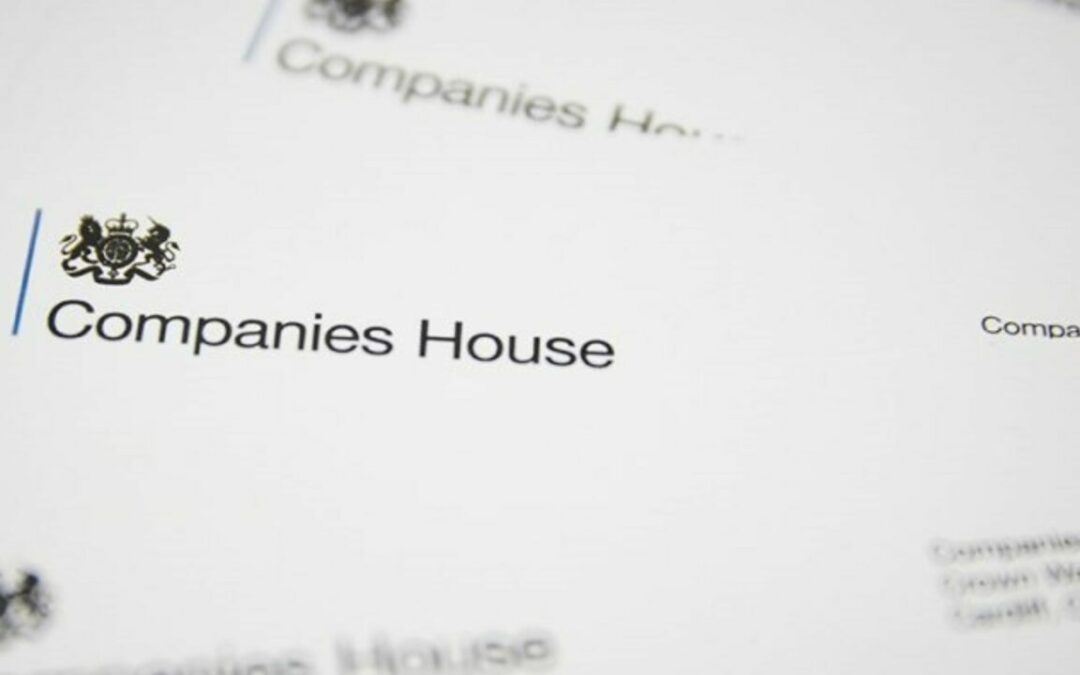In the ever-evolving world of digital commerce, HMRC has raised the stakes for individuals engaged in side hustles, particularly those selling goods through online platforms. The tax authority is set to implement stricter rules to combat tax abuse and ensure compliance within the £1,000 tax-free limit.
New Reporting Requirements for Online Platforms:
HMRC’s crackdown involves a significant shift, requiring online platforms like Etsy, eBay, Vinted, Amazon Seller Central, Gumtree, and Airbnb to submit an annual report detailing the names of individual sellers and the volume of their sales. This move aims to curb tax evasion and enhance transparency in financial transactions within these platforms.
Deadline and Exemptions:
The owners of online platforms have until January 2025 to comply with the new reporting requirements. Notably, platforms will not be obligated to report individuals with fewer than 30 sales, irrespective of the sales’ value.
Investment in Tax Compliance:
In an effort to intensify efforts against tax avoidance, HMRC has allocated an initial investment of £36.9 million to develop a robust system for online marketplace reporting. Additionally, a dedicated team of 24 full-time staff has been assembled to work on this project.
Future Reporting Requirements:
Starting next year, online platforms will need to report the earnings of individual sellers, shedding light on the financial activities facilitated through their platforms. This move is designed to ensure that individuals earning beyond the £1,000 tax-free limit fulfil their tax obligations and register as self-employed if necessary.
Impact on Customer Experience:
Acknowledging the potential challenges, HMRC recognises that these changes may impact the customer experience on digital platforms. The complexity of the change may necessitate platforms to undertake tasks they haven’t previously performed. HMRC plans to provide clear guidance on compliance with the new rules to mitigate any negative effects.
Sectors Affected:
The scope of these new reporting requirements encompasses a wide array of online services. From taxi hire and food delivery to selling handmade items, reselling clothing, and renting properties for short-term accommodation – all online platforms providing such services will fall under the purview of these regulations.
Guidance for Sellers:
HMRC’s guidance on selling online and paying taxes is a crucial resource for individuals navigating these changes. It offers insights into whether occasional online sellers will be liable for taxes on profits and provides examples of side hustles that fall under the category of trading, requiring individuals to pay income tax.
As the digital landscape continues to evolve, these tax regulations aim to strike a balance between fostering a fair marketplace and ensuring compliance with tax obligations. Stay informed, adapt to the changes, and navigate this new tax landscape with confidence. The deadline is approaching, but with knowledge and proactive measures, you can ensure a seamless transition into the era of tougher tax rules for side hustles on online platforms.






